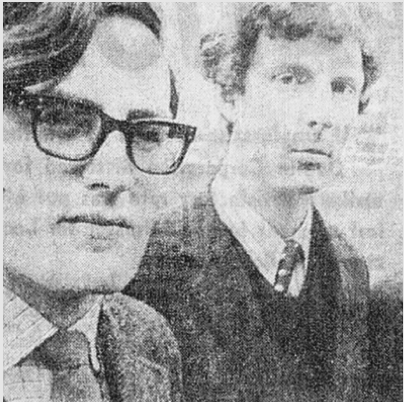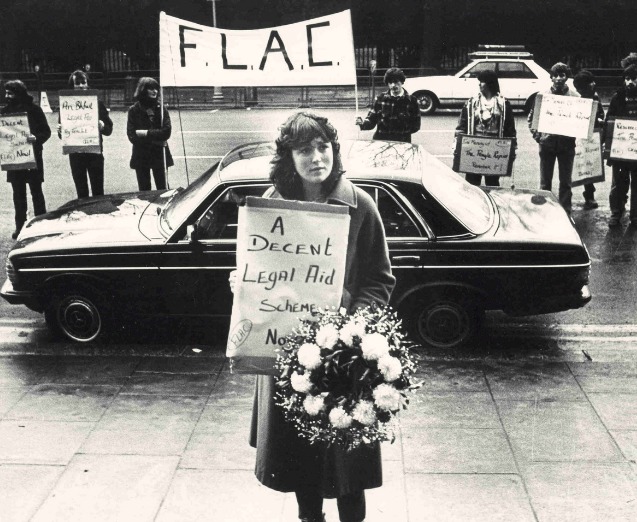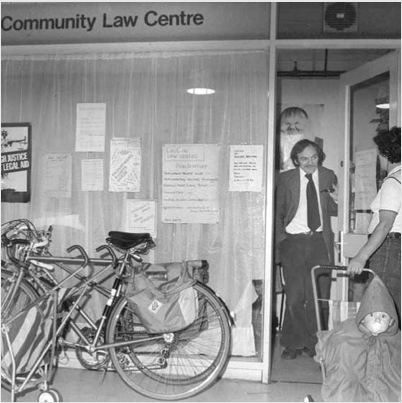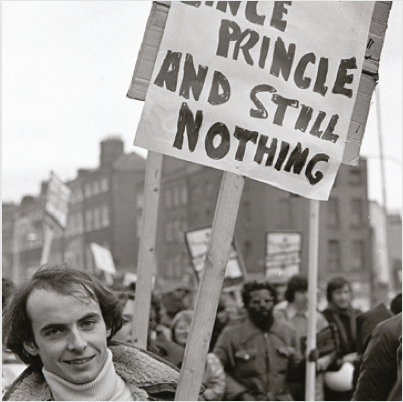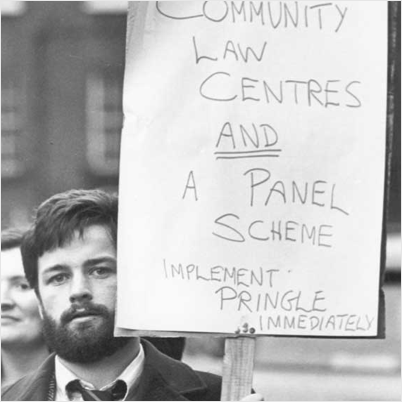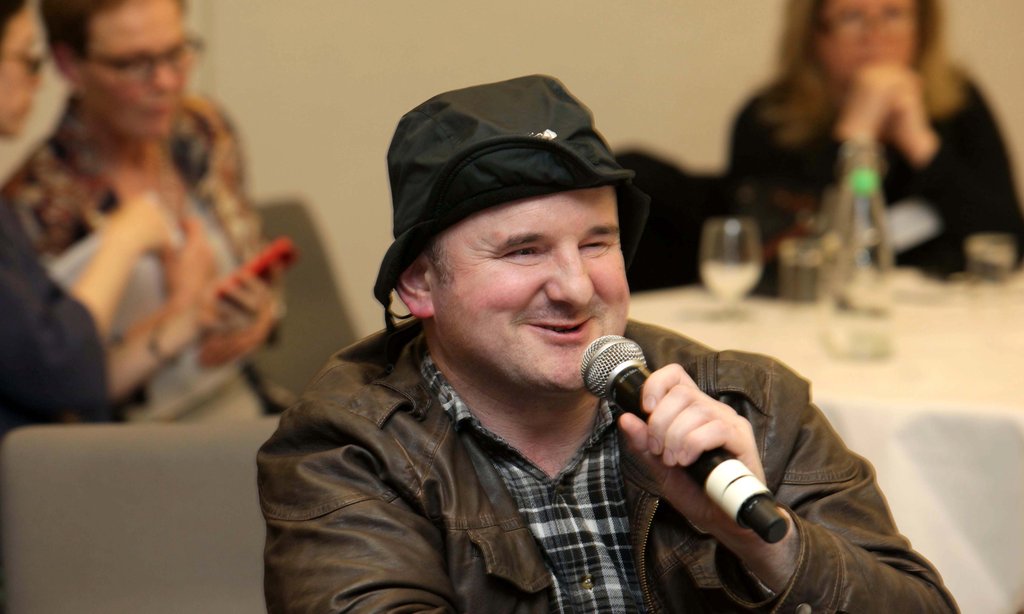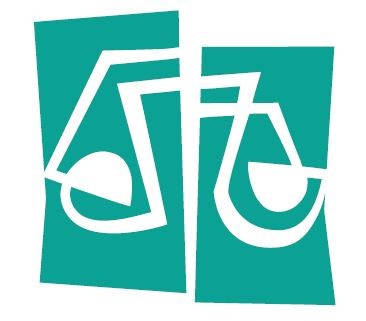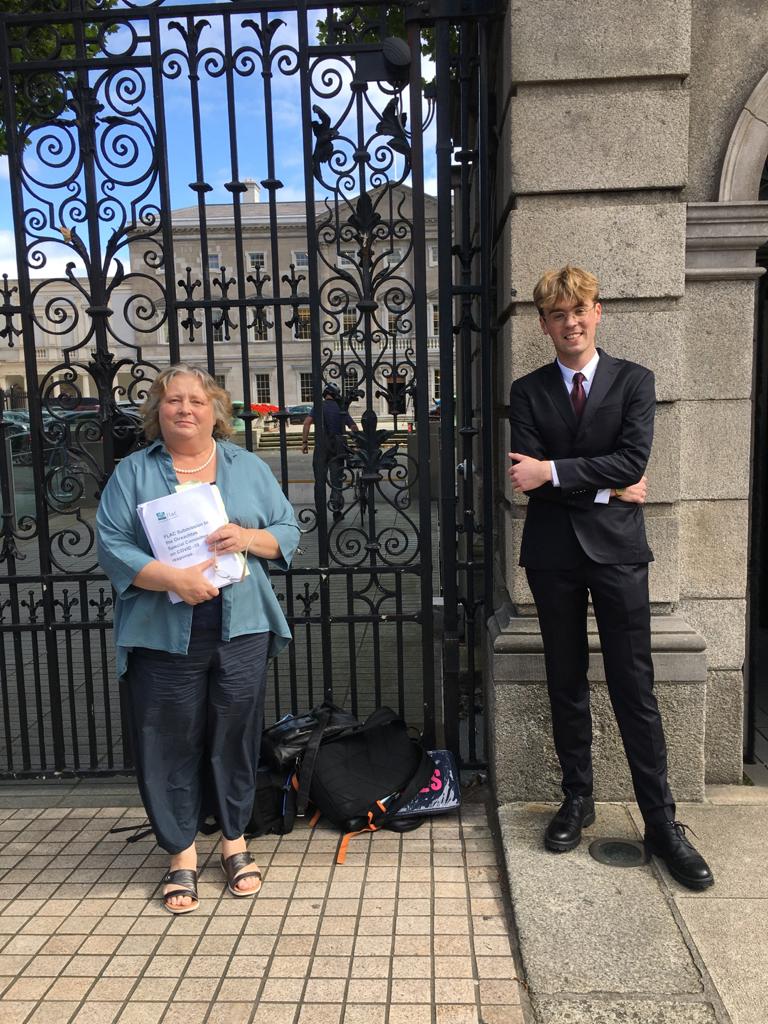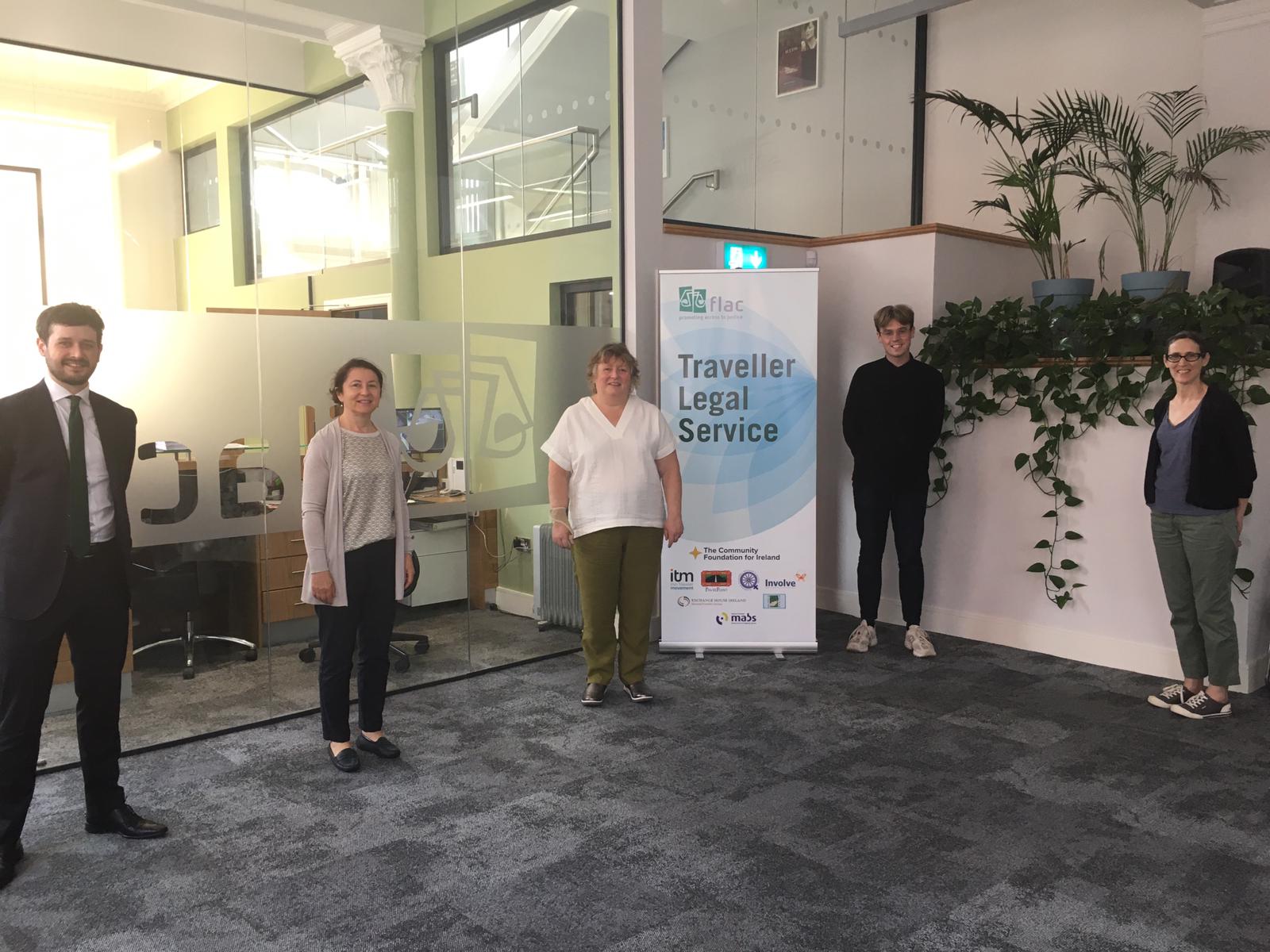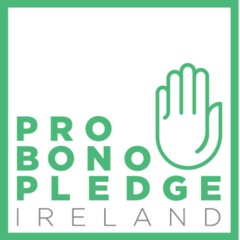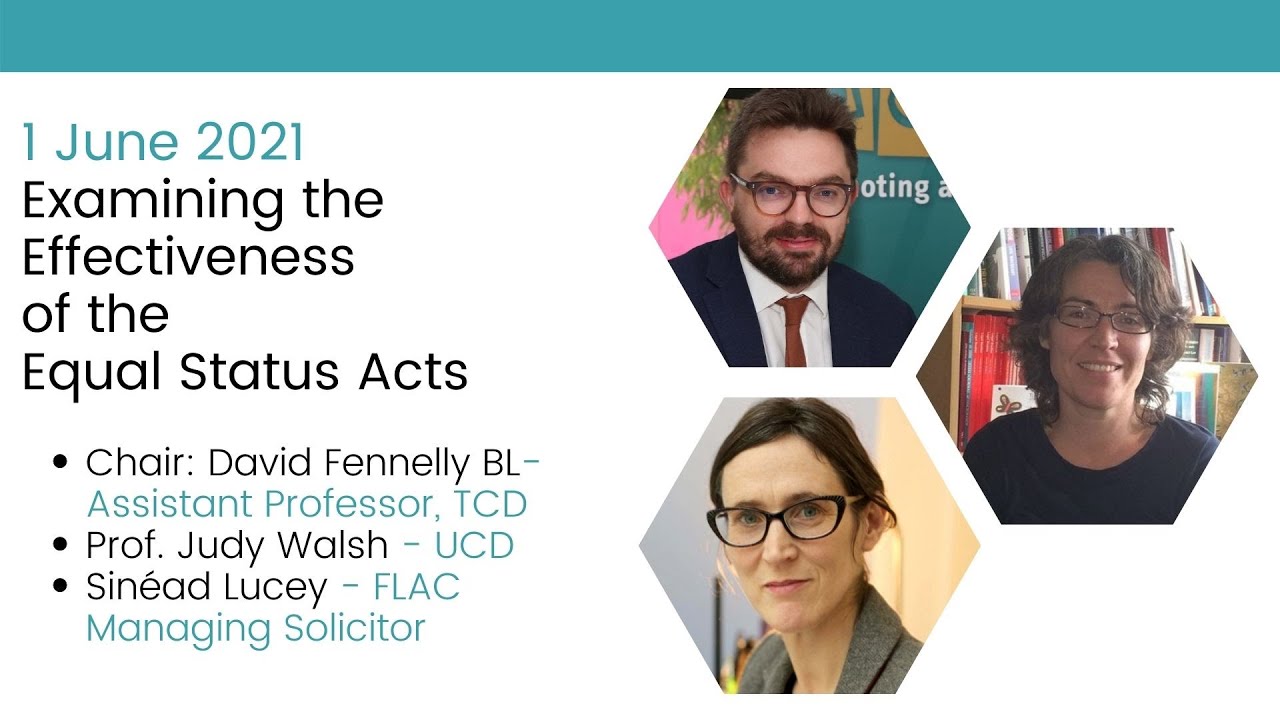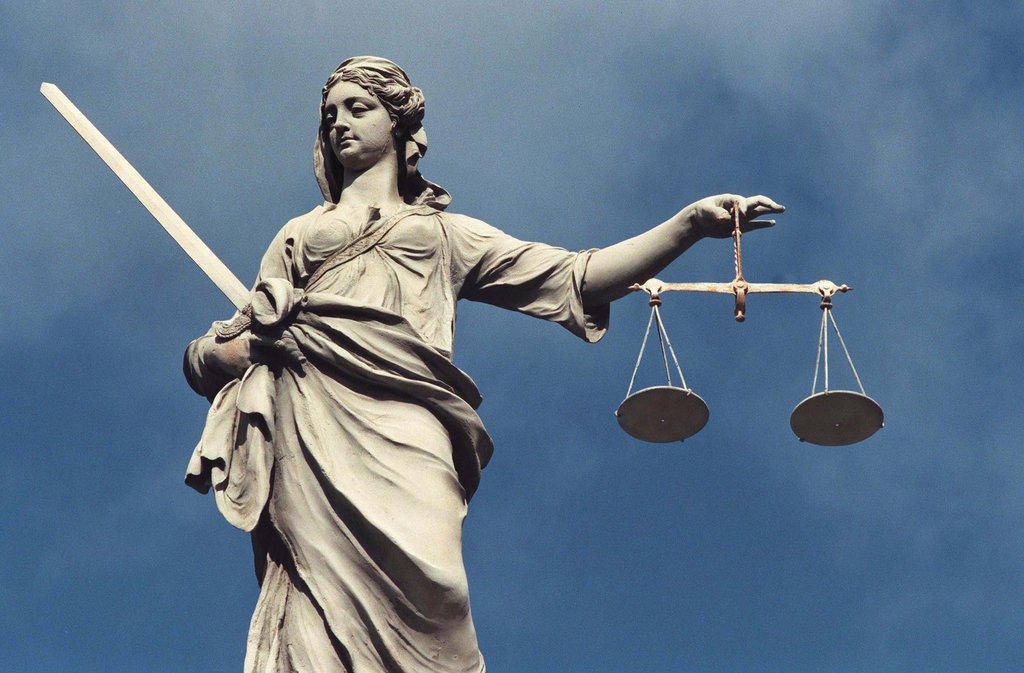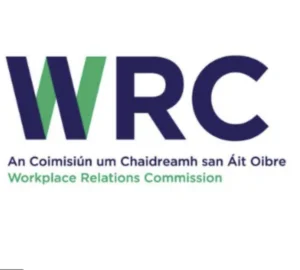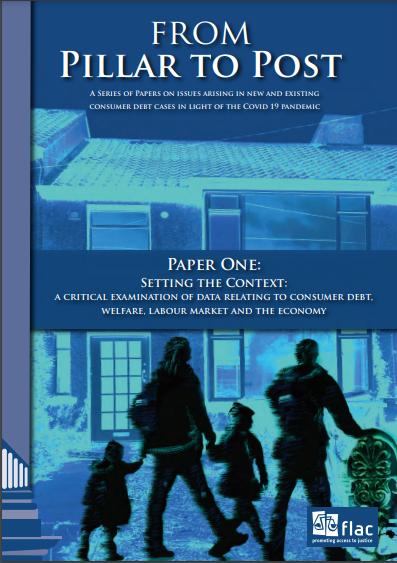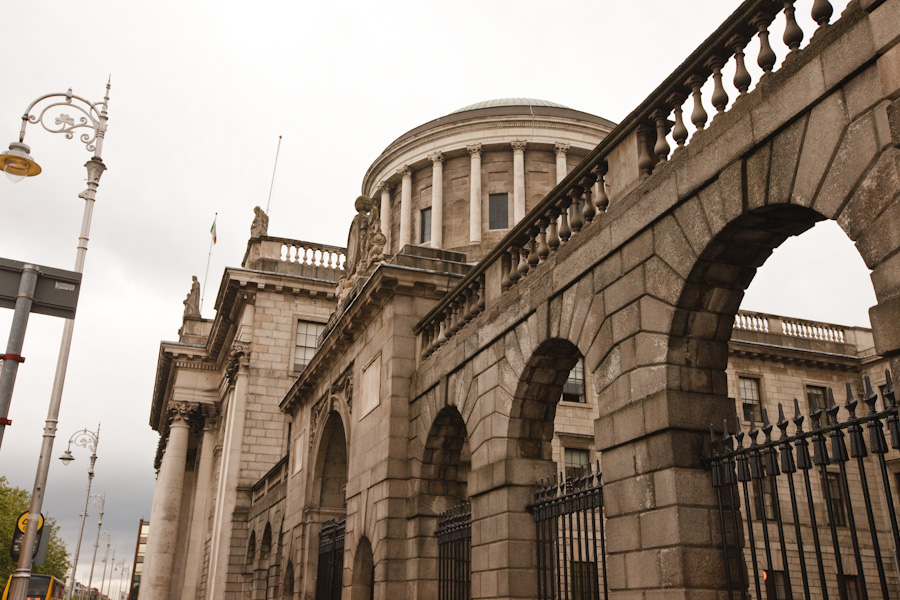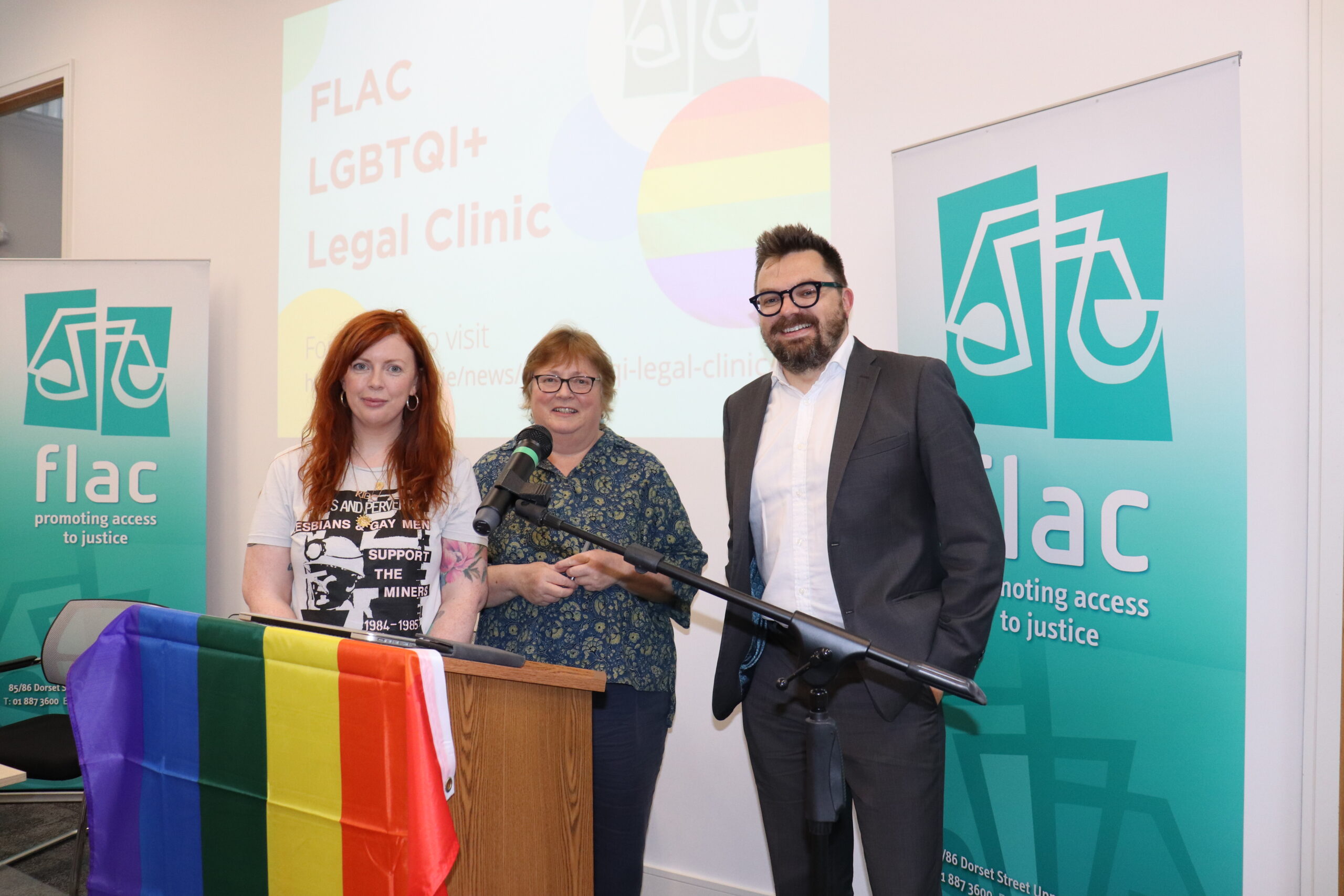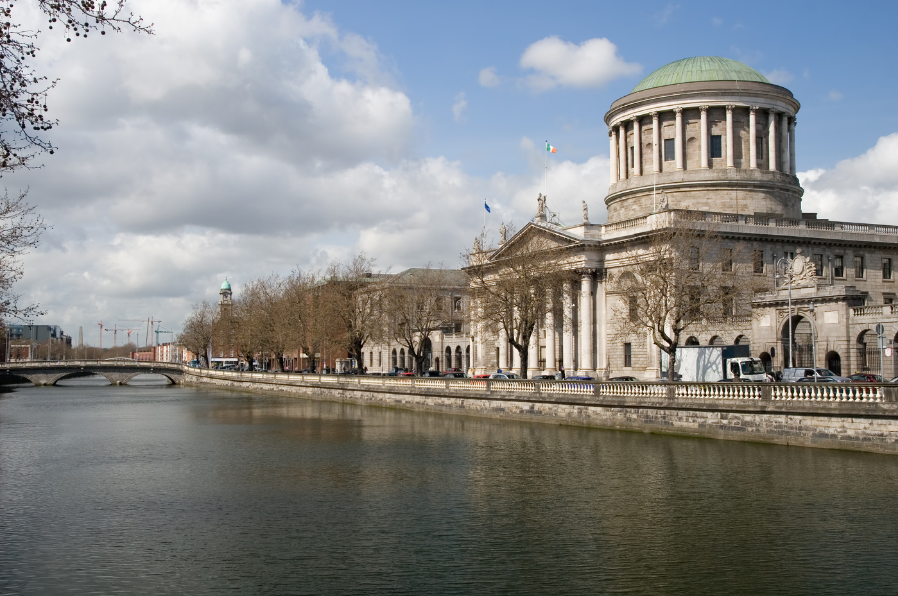About Us
FLAC (Free Legal Advice Centres) is an independent legal, equality and human rights organisation which exists to promote equal access to justice.
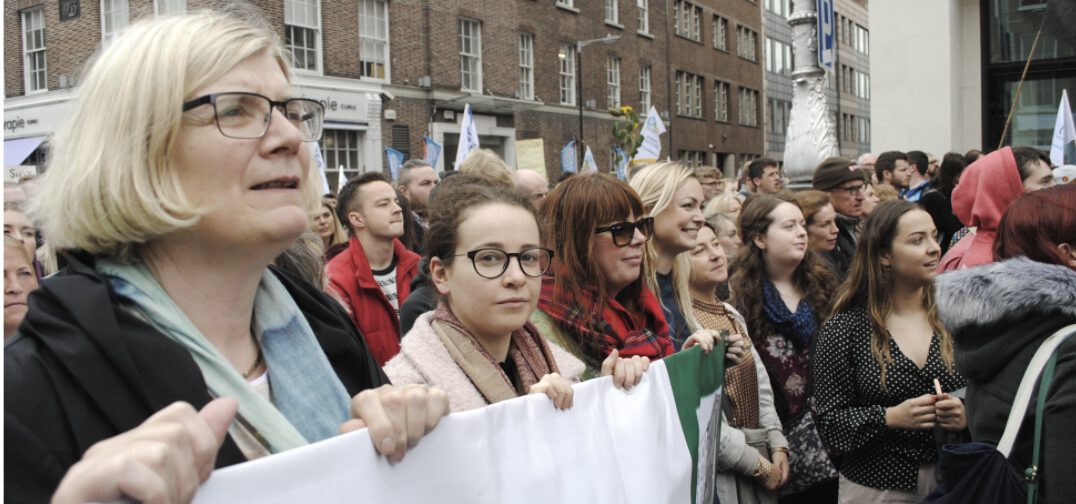
Our Vision
Our vision is of a society where everyone can access fair and accountable mechanisms to assert and vindicate their rights.
We
- Are not a substitute for state-funded legal aid services.
- Operate a legal information and referral telephone line and provide legal information online.
- Run a nationwide network of legal advice clinics where volunteer lawyers provide basic free legal advice.
- Through our Public Interest Law Alliance (PILA) project, operate a Pro Bono Referral Scheme and engage the legal community and civil society in using the law to advance social change.
- As an Independent Law Centre, take cases in the public interest and run a Roma Legal Clinic, an LGBTQI+ Legal Clinic, and Traveller Legal Service.
- Campaign for policy and law reform in areas of law that most affect disadvantaged and marginalised people and communities through research and advocacy.
- As a partner with INAR on the Equal Access Project (EAP) ran a training course for advocates to assist people in taking discrimination claims on the race ground to the WRC, funded by the European Union’s Rights, Equality and Citizenship Programme (2014-2020).
- Are a partner with the Centre for Criminal Justice and Human Rights UCC on the Traveller, Equality and Justice Project funded by the European Union’s Rights Equality and Citizenship programme (2014-2020).
- Are a member of the Chief Justice’s Access to Justice Committee and the Review Group for the Department of Justice’s current Review of the Civil Legal Aid Scheme.
Our Values
Core values inform and guide our work:
- Independence
FLAC is an independent organisation, whose governance, programmes and policies are entirely independent.
- Respect for universal human rights principles
FLAC seeks to advance international and national standards that promote human rights and equality and recognises that human rights and equality are fundamental to everyone and permeate all areas of law.
- Valuing staff, volunteers and students
FLAC values and respects the skills and abilities of all staff, volunteers and students and promotes positive work practices. We value staff excellence, accountability and creativity.
- Equality and non-discrimination
FLAC promotes equality, non- discrimination and diversity within its own organisation and seeks to reflect these principles in all of its work and activities.
- Solidarity
FLAC believes that in working on behalf of and in solidarity with those in need, it can enable and empower access to justice for those marginalised from society.
- Working with integrity
In carrying out its goals and objectives, FLAC aims to conduct its work with integrity, high standards and professionalism.
Structure and Governance
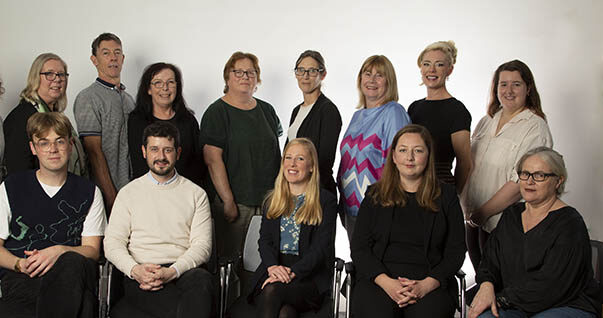
Funding and Finance
We are deeply grateful to our funders and supporters, who demonstrate their commitment to equality and justice through donations and grants.

Our Impact
Every year thousands benefit from the free services of FLAC. Every year we must secure funding to continue. What we do matters. Please donate to FLAC to support equal access to justice.
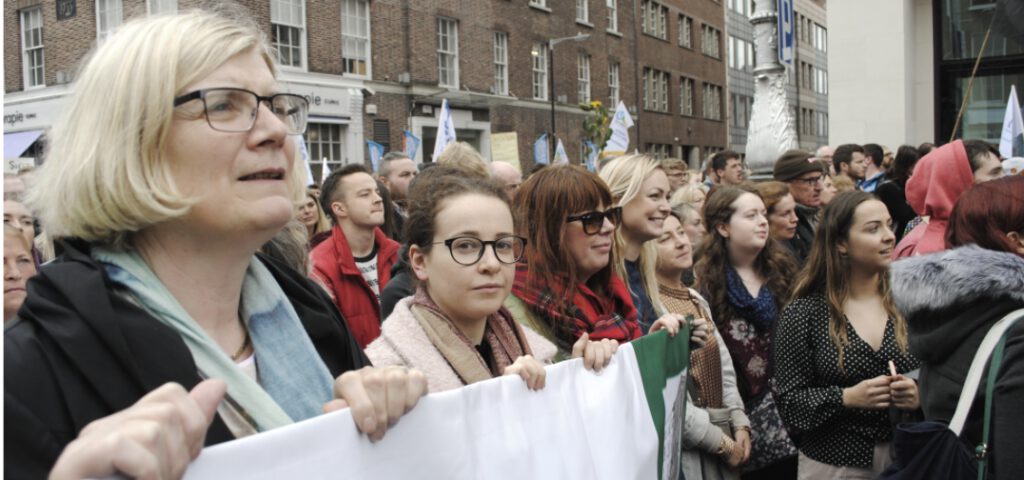
Milestones
FLAC was established in 1969 by four law students who wanted to help those who could not afford to pay for legal services and to campaign for the establishment of a scheme of Civil Legal Aid. We continue this work today.

